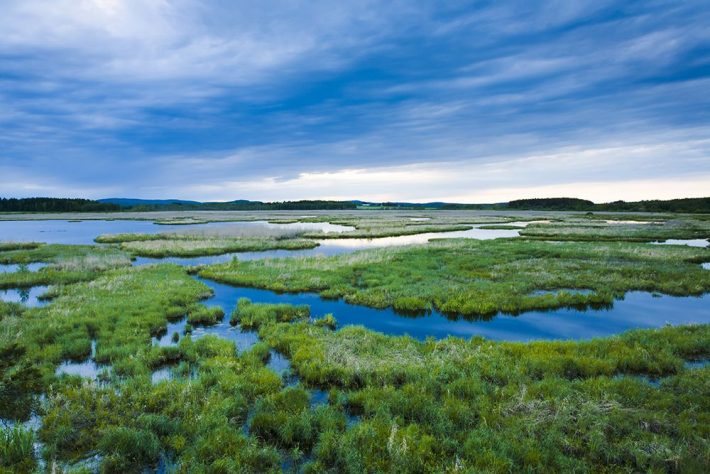Call for Expertise: Ecology and Climate Change Adaptation in England
Make your expertise count through joining a workshop with Defra to discuss England’s approach to climate change adaptation.

The Climate Change Act 2008 sets out a policy framework which, among other things, aims to ensure the UK adapts to climate change. This includes commitments to produce a UK Climate Change Risk Assessment to identify risks, followed by a National Adaptation Programme to address those risks every five years.
The government is currently developing the third National Adaptation Programme (NAP3). The NAP sets out the actions that government will take to adapt to the challenges of climate change in England over a five-year period (NAP3 will run from 2023 to 2028) and covers:
- The natural environment and agriculture
- Infrastructure
- People and the build environment
- Business and industry
- Local government sectors
- International dimensions
How you can get involved
The BES is running a workshop to connect ecologists with expertise on climate change and adaptation with experts from Defra to discuss the following key themes:
- Principles, barriers and opportunities for good adaptation: Applicability and effectiveness of global assessments e.g. IPCC Working Group III; Targeted adaptation needs e.g. vulnerable species and management at various scales; Measuring progress and adaptation indicators; Overcoming uncertainties in climate change; Stakeholder involvement.
- Interacting and cascading risks to adaptation: Climatic interactions; Research perspective on the best actions/interventions with greatest cross-sectoral impact; Recommendations for implementation; Wider priority risk areas and urgent solutions.
- Good adaptation under trajectories of change: Balancing goals to keep us accountable with maintaining flexibility under a changing world. What is missing from current NAP thinking? Are the Environment Act Targets achievable under different scenarios of change? Are there any trade-offs among those targets? Are there key evidence gaps?
Please note the questions/sub-topics are indicative and may be framed slightly differently on the day.
This will be a great opportunity to contribute your knowledge to policy development. If you have expertise in these areas and are interested in participating in this workshop, please contact Bethany@britishecologicalsociety.org by 1st July.
Workshop details
The workshop will be held online (Zoom) from 09:30-12:30 on the 19th July 2022 with up to 40 participants. It will include a mix of short presentations across the three key themes and breakout group discussions.
Like what we stand for?
Support our mission and help develop the next generation of ecologists by donating to the British Ecological Society.